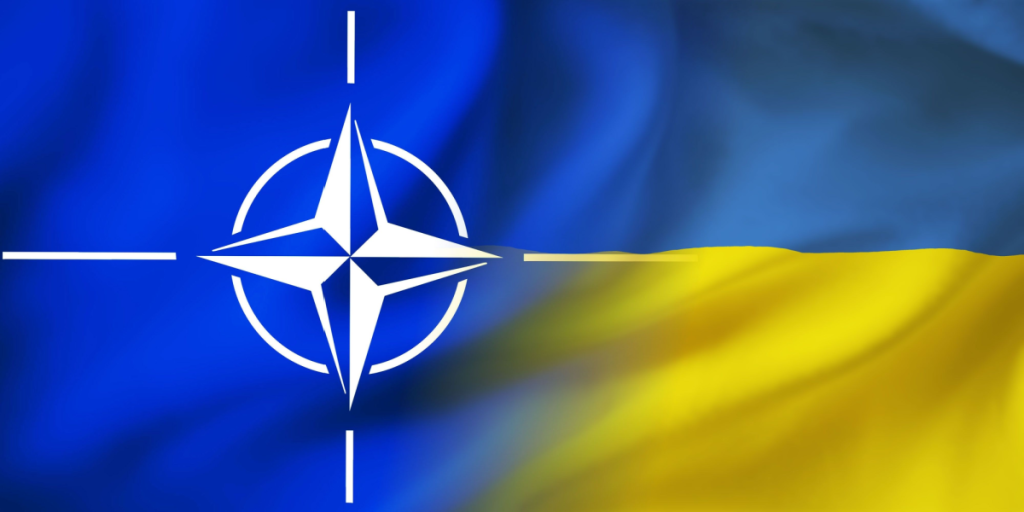Russia has stated that such a zone would lead to a military confrontation between NATO and Russia.
Others are reading now
Russia has stated that such a zone would lead to a military confrontation between NATO and Russia.
What is happening?
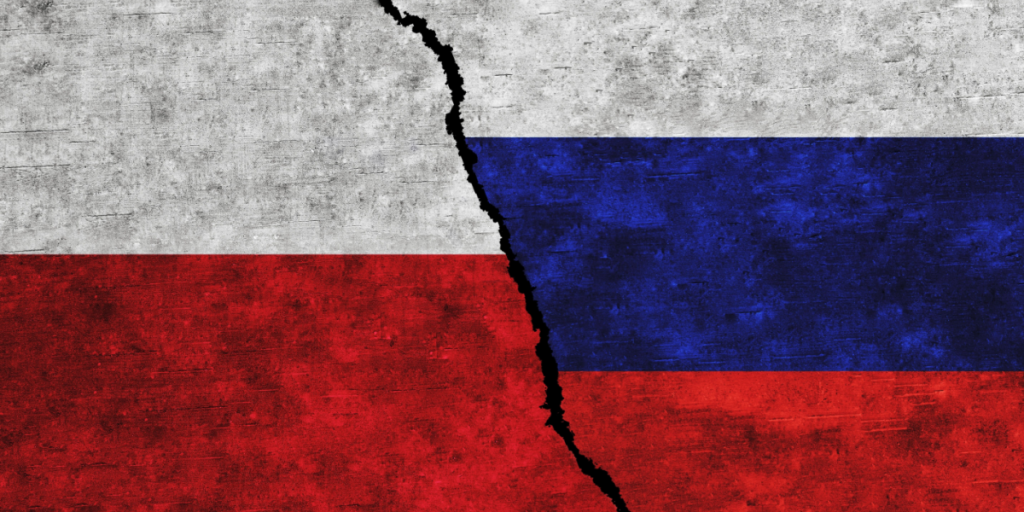
On September 10, Russia launched a brazen drone attack that breached Polish airspace, with 19 drones crossing the border.
Poland managed to down only four, and one crashed nearly 400 kilometers from Ukraine.
Despite this violation of NATO territory, there has been little tangible retaliation — a fact that hasn’t gone unnoticed.
Polish Foreign Minister: “Russia lost this confrontation”
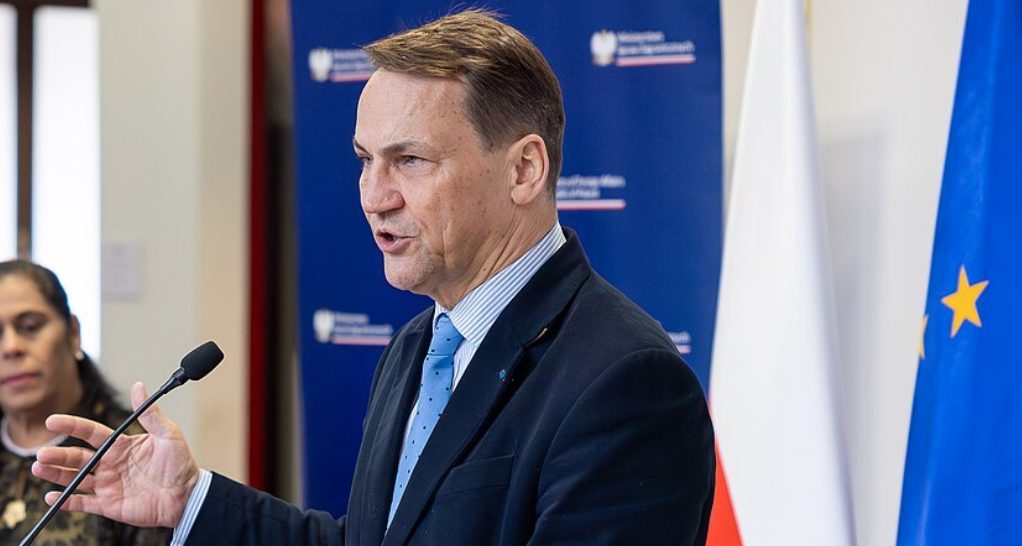
Despite the lack of strong military response, Polish Foreign Minister Radoslaw Sikorski told the Kyiv Independent that he believes Russia came out worse.
Also read
Speaking at the Yalta European Strategy conference, Sikorski said, “I think Russia lost this confrontation,” pointing to NATO’s cohesion and the diplomatic steps taken in response.
Article 4 invoked — but Article 5 still a distant line
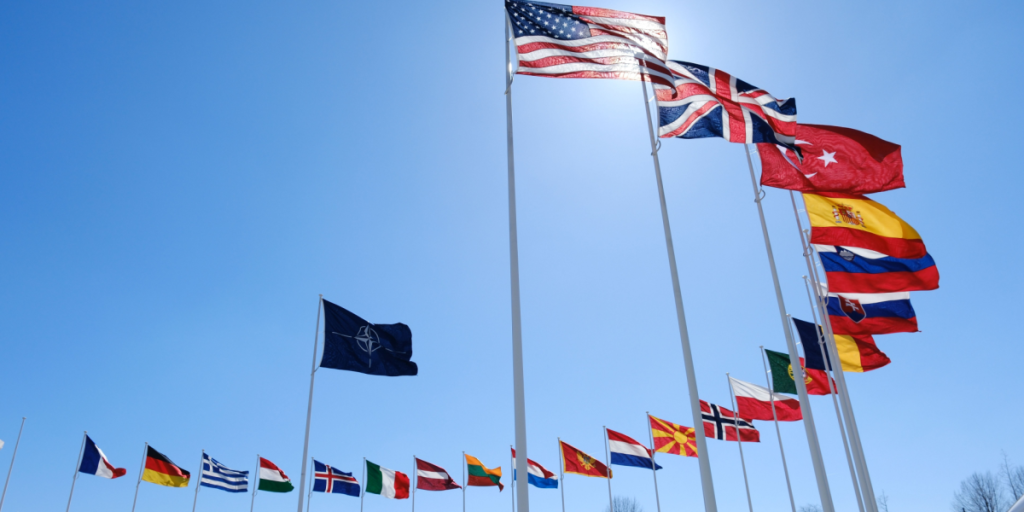
Following the incursion, Poland formally triggered Article 4 of the NATO treaty, allowing for consultations among allies.
However, the situation fell short of invoking Article 5, which would obligate a collective military response.
Sikorski explained that since no one died and damage was minimal, retaliation was not on the table — yet.
NATO launches “Eastern Sentry”
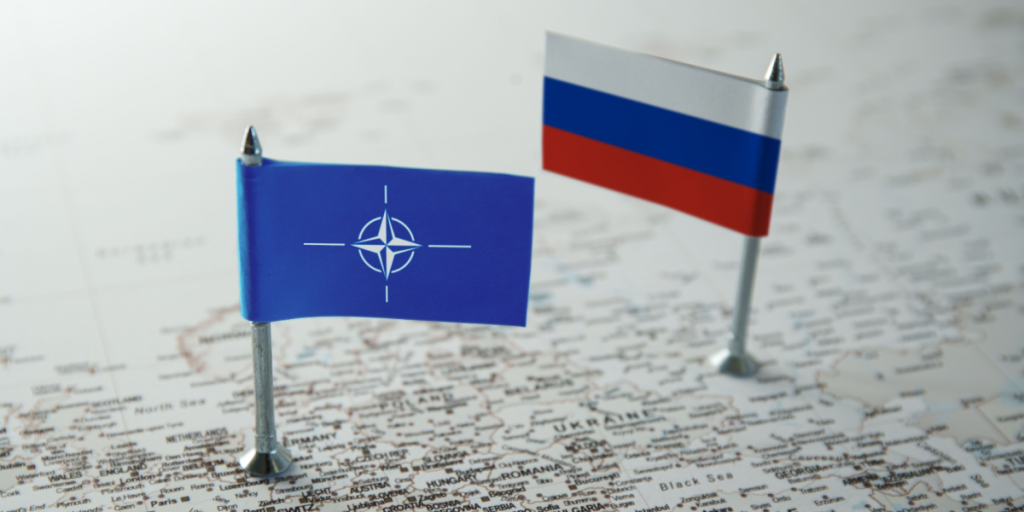
In response to the attack, NATO announced a new deterrence mission called Eastern Sentry.
Also read
While it boosts surveillance and readiness on the alliance’s eastern flank, critics note it stops short of direct action.
Still, Sikorski called the alliance’s response “united” and said it sent a message to Moscow.
Rzeszow Airport: A critical line in the sand
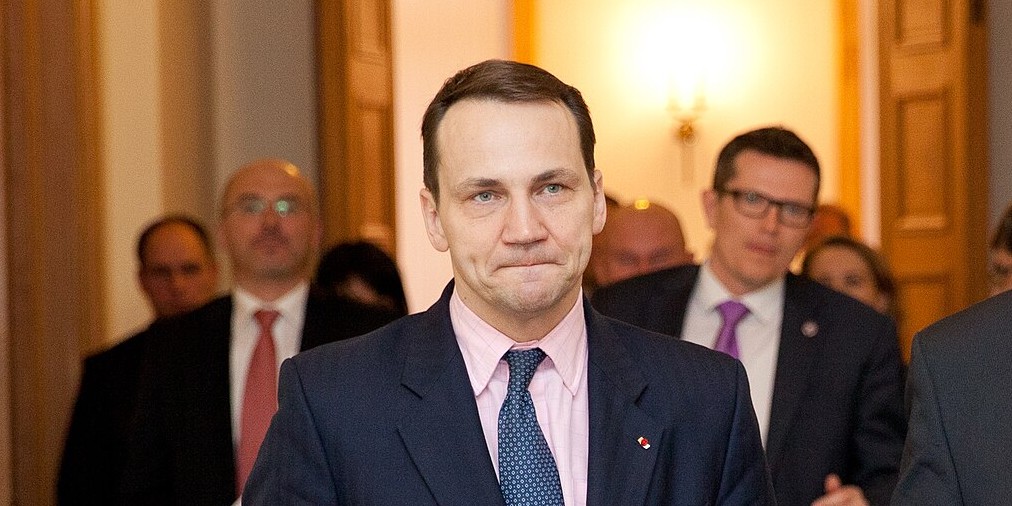
Sikorski warned that Russia is edging dangerously close to crossing NATO’s red lines.
Some reports suggest the drones’ trajectory pointed toward Rzeszow Airport—a key hub for transporting Western aid to Ukraine.
An attack there, Sikorski suggested, could trigger a much stronger NATO reaction, possibly even Article 5.
Also read
Polish and Ukrainian forces boost drone defense collaboration
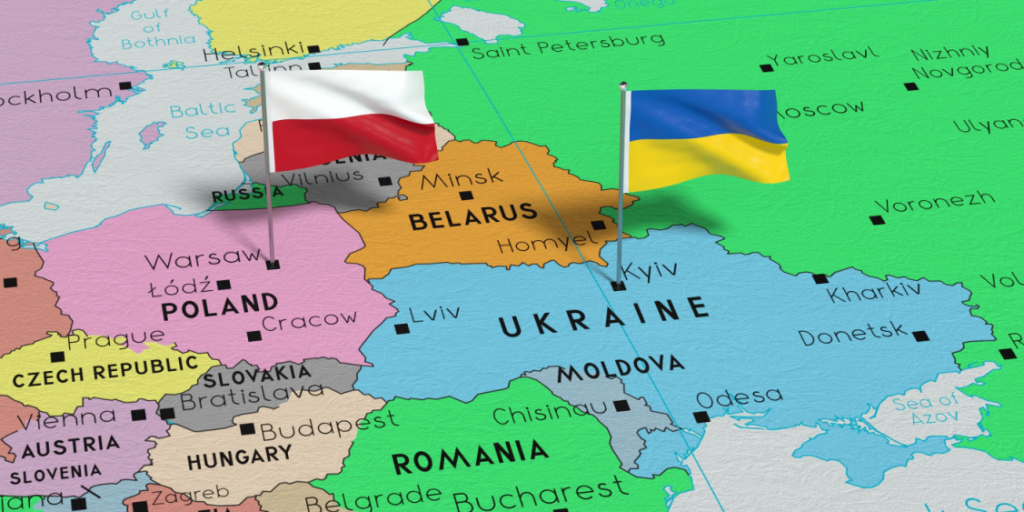
In the wake of the attack, Ukraine offered to assist Poland in strengthening its electronic warfare and drone interceptor capabilities.
Unlike NATO, Ukraine has experience using cheaper, improvised systems to counter Russian drones.
Joint training between Polish and Ukrainian forces is already being planned.
Putin’s attack backfires by uniting Poland and Ukraine
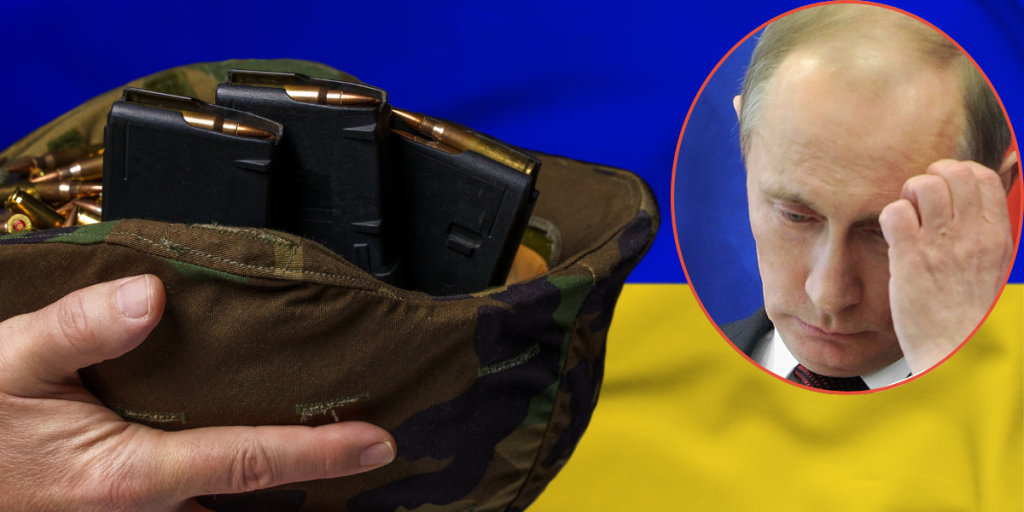
Sikorski believes that rather than weakening NATO, the drone incursion actually strengthened ties between Poland and Ukraine.
“Our public now demands, correctly, closer collaboration with Ukraine,” he said, citing Kyiv’s cutting-edge drone warfare tactics as a critical asset. In his words,
Also read
Putin may have “sped up” military cooperation between the neighbors.
NATO air defense over Ukraine may be back on the table
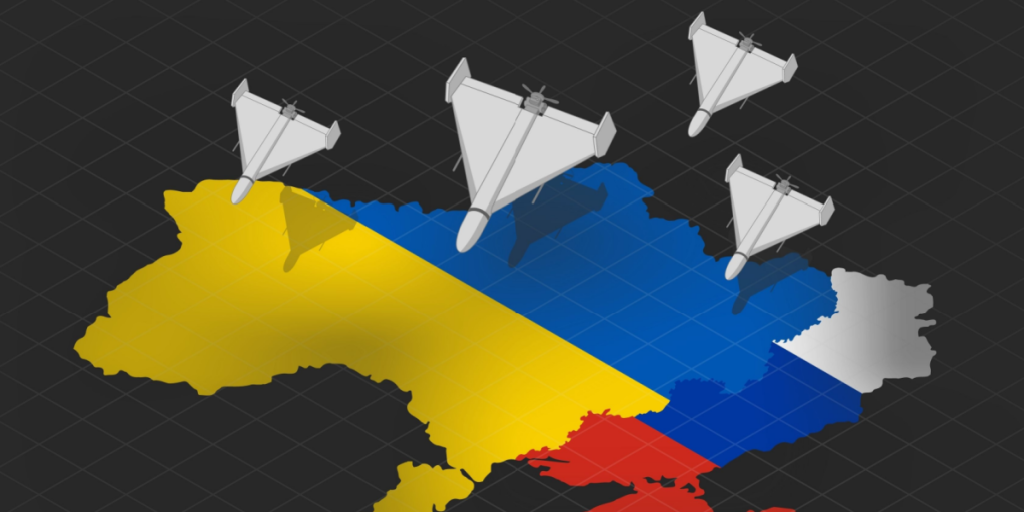
The idea of NATO-backed air defense over parts of Ukrainian territory is resurfacing.
Sikorski noted that Ukraine’s Foreign Minister Andrii Sybiha reiterated this proposal following the drone attack.
“We manage our space together,” Sikorski said, hinting at a possible shift in public and political support for such a move.
Sikorski: NATO has shown it’s ready and united
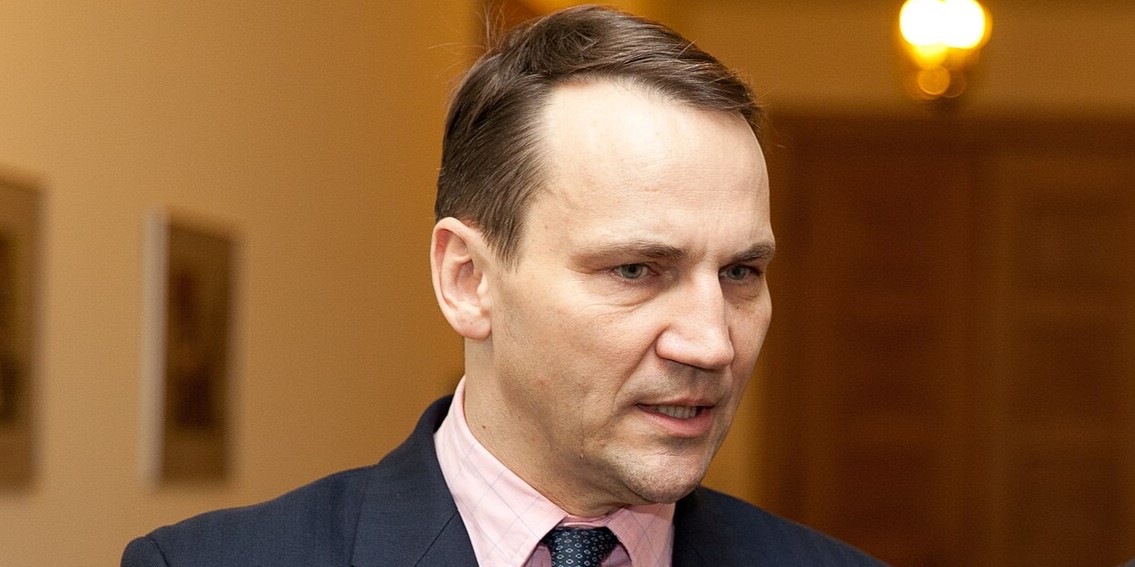
Despite criticism of NATO’s limited response, Sikorski stood firm.
Also read
“I believe we have shown Russia that NATO is ready and united,” he said, arguing that diplomatic solidarity and heightened defense coordination are a sufficient deterrent for now.
Still, pressure is mounting for more decisive action if threats continue.
Medvedev: Shooting down Russian drones means war
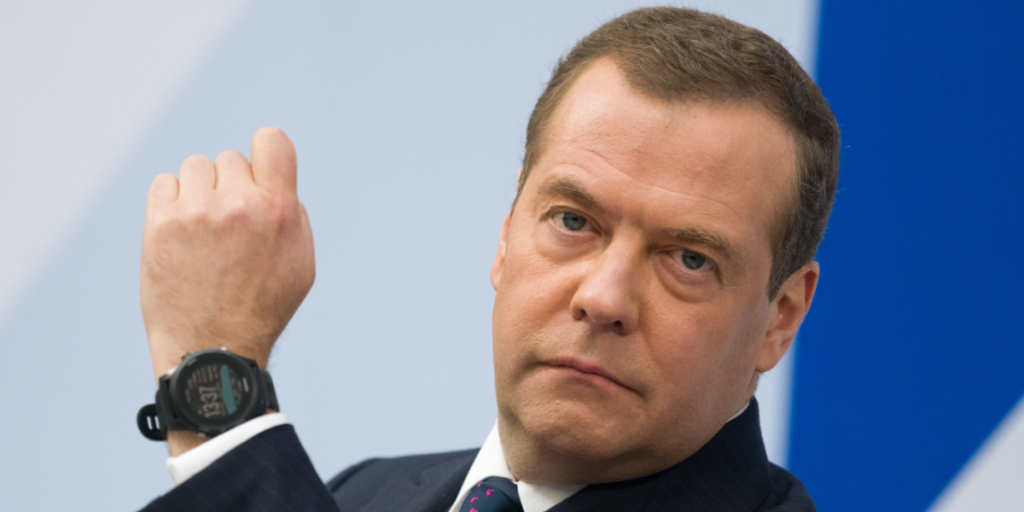
Former Russian President, Dmitry Medvedev, took to Telegram after Sikorski voiced the option of a no-fly zone over Ukraine, warning of dire consequences.
“It can only mean one thing: NATO and Russia at war”, Medvedev wrote.
Trump’s isolationist stance adds uncertainty
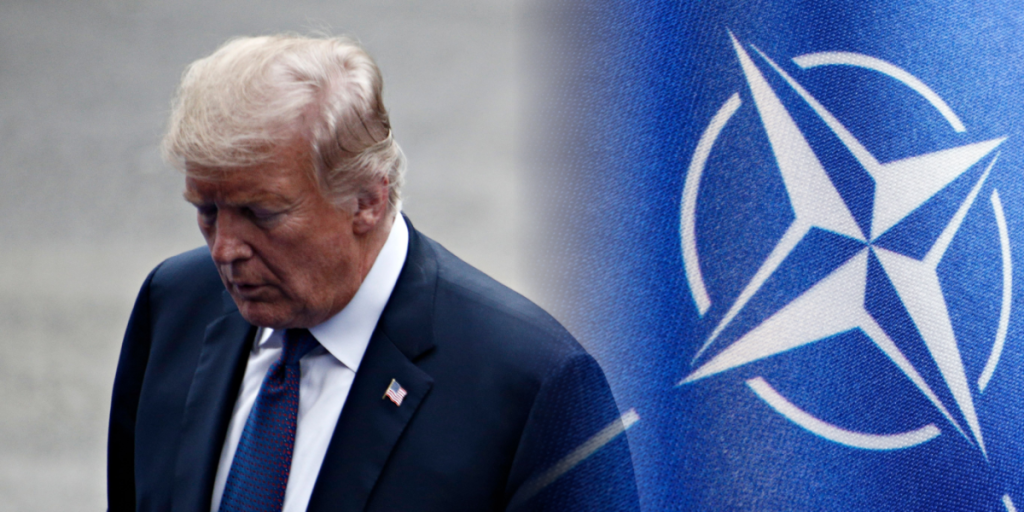
U.S. President Donald Trump struck a contrasting tone, saying in a Fox News interview that he was “not gonna defend anybody” unless all NATO members fully cut off Russian oil and impose tariffs on China.
Also read
Sikorski backed calls to reduce energy reliance on Moscow but was cautious about broader economic measures.

